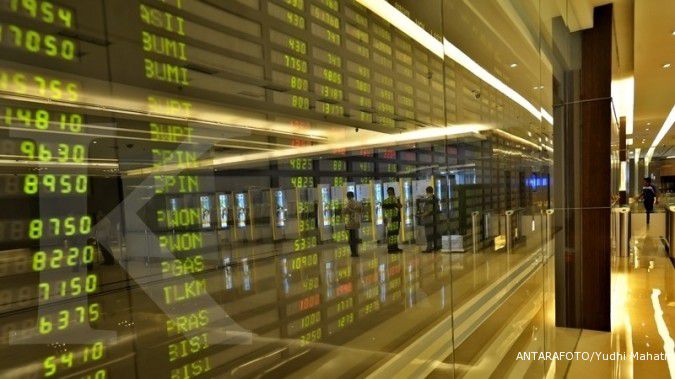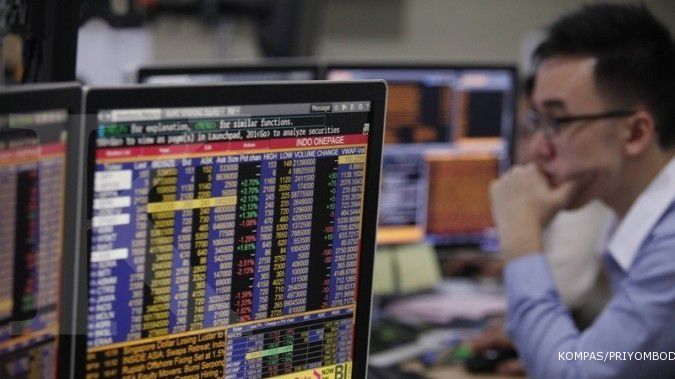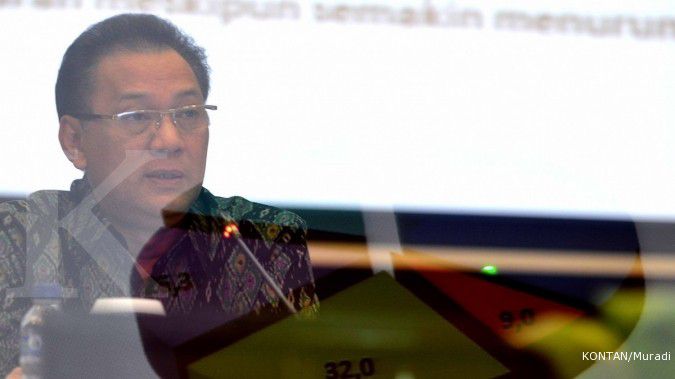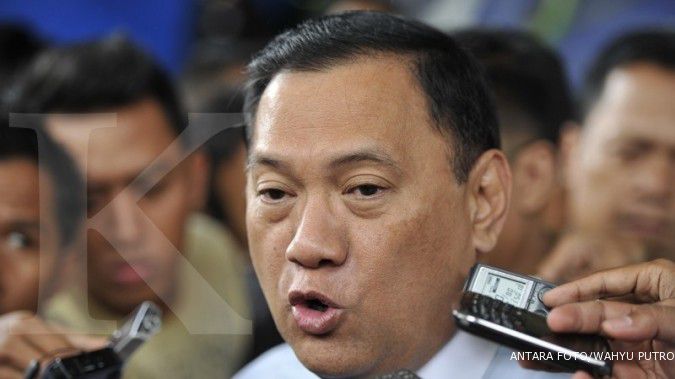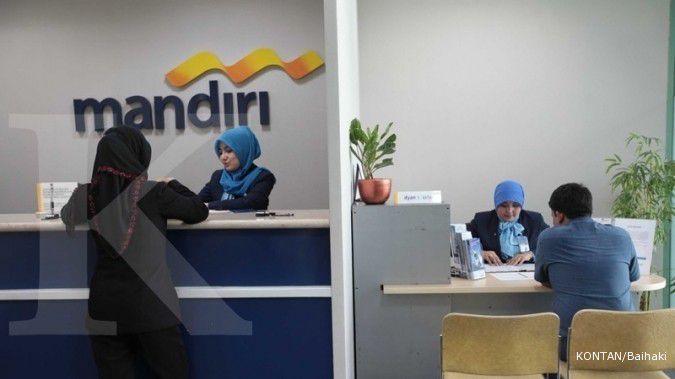JAKARTA. Bank Indonesia unexpectedly raised its key interest rate more than economist forecast. In the Board of Governors' Meeting convened on July 11th 2013, Bank Indonesia decided to increase the BI rate by 50 basis points (bps) to 6.5%.
It also raised the deposit facility rate 50 basis points to 4.75%, while to hold the lending facility rate at 6.75%.
This is Agus Martowardojo’s second rate-decision meeting after taking over from Darmin Nasution two months ago as a central bank governor.
"The policy was adopted to ensure that inflation will return to its target path after the fuel price hike," Agus told to the reporters today.
In addition, Bank Indonesia will also strengthen its policy mix. Firstly, the Bank continues to maintain stability of rupiah exchange rates in line with its fundamentals level by providing adequate liquidity in the foreign exchange market.
Secondly, the bank will enhance loan to value regulation on property sector, in particular on certain types of residential property mortgage loans.
Thirdly, the bank will strengthen policy coordination with the Government, focusing on the efforts to minimize inflationary pressure and to maintain macroeconomic stability as well as financial system stability.
"Bank Indonesia believes that the policy mix will be sufficient to minimize inflationary pressure and to maintain rupiah exchange rate stability as well as financial system stability," said Agus.
"So that sound economic growth momentum may be sustained and move toward more sound economy," he added.
Previously, Citi Research economist Helmi Arman has predicted that Bank Indonesia (BI) will increase its benchmark interest rate and overnight deposit facility rate (Fasbi rate) in the coming months as it is expected that the inflation rate will remain high.
“We are maintaining our prediction on the inflation rate which will stand at 8.2 percent until the end of this year while the BI rate and Fasbi rate are predicted to be 6.5 percent and 4.75 percent respectively,” said Helmi in Jakarta on Tuesday.
The economist said that he hoped BI could respond to inflation by raising the policy rates (Fasbi and BI rates) by two consecutive rises of 25 basis points (bps) in July and August.
According to Helmi, it is in those two months that people will feel the full effects of the inflation resulting from the subsidized-fuel price increase.
Helmi also hoped that BI would carry out an additional tightening policy of macro-prudential regulations to anticipate inflation in those two months. “For example the imposition of a tighter policy to limit property loans,” he said.
A BI board of directors meeting on June 13 decided to increase the BI rate by 25 bps to 6 percent after maintaining it at 5.75 percent for 16 months.
BI also decided to increase the Fasbi rate by 25 bps to 4.25 percent from 4 percent as part of its efforts to maintain monetary stability. (Dyah Megasari Anjaya)
/2013/04/10/1644885979.jpg)
